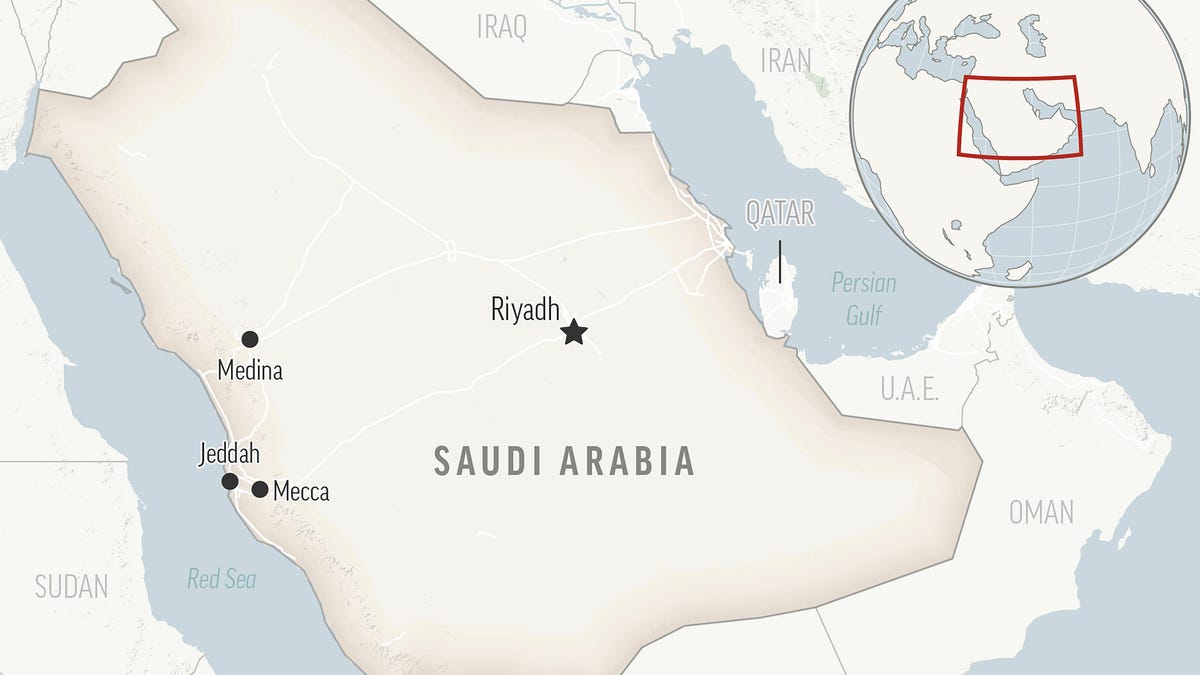


Saudi Arabia is taking steps to improve both its labor regulations and legal landscape. On one hand, new regulations have been implemented to protect domestic workers, including setting a minimum age requirement of 21 years and establishing standardized employment contracts. These contracts must include key elements such as job descriptions, personal details, wages, and insurance terms. Domestic workers are expected to fulfill their job tasks, safeguard their employer's belongings, and maintain confidentiality. They are also prohibited from engaging in self-employment or working for other employers during the contract duration. These regulations aim to ensure the welfare and rights of domestic workers while creating a more transparent and balanced labor market in Saudi Arabia.
According to the figures registered with the General Organization for Social Insurance (GOSI) and the Civil Service systems, the total number of Saudi men and women registered in the Saudi employment market was 3,921,321 employees at the end of the third quarter of 2023. Of this total, 60.1% were male employees (2,357,785) and 39.9% were female employees (1,563,536). The majority of Saudi employees (68.8%) were covered by the social insurance system and regulations, with 2,696,797 employees. The remaining 31.2% were under the Civil Service system and regulations, with 1,224,524 employees. The highest age group among Saudi employees was 30-43 years old, accounting for 17% of the total employees. This was followed by the age group of 35-39 years old (16.3%), 25-29 years old (16%), and 40-44 years old (14.9%).
On the other hand, the Ministry of Justice in Saudi Arabia has granted licenses to 15 foreign law firms and is reviewing 15 other applications, with the goal of broadening the country's legal landscape. This move is aimed at enhancing and developing the legal profession in Saudi Arabia, raising the standard of legal practitioners, and improving the business and investment environment. The new legislation enacted by the Kingdom, such as the Civil (Personal) Status Law, the Evidence Law, and the Civil Transactions Law, will provide a more distinguished legal climate protecting rights, stimulating investment, and supporting economic prosperity.
Saudi Arabia's new civil laws aim to boost investment by replacing the previous system of judges having full discretion in ruling on commercial disputes using Islamic law. The new civil transactions law is part of Saudi Arabia's Vision 2030 reform plan to pivot its economy away from the oil and gas sector. The law provides legal clarity and guidelines for investors, potentially attracting billions of dollars in foreign direct investment. However, some doubts remain about how foreign and local parties would be treated in business disputes. The new law allows for shareholder deals to include exit rights and the ability to force minority shareholders to join the sale of a company. It also limits damages to what is listed in the contract, except in cases of fraud or gross negligence. The law applies retroactively to all contracts and is based on Egypt's 1849 civil law modeled after the Napoleonic Code. Some investors still prefer contracts governed by European laws to avoid potential litigation in Saudi courts.
In addition to these legal reforms, Saudi Arabia has launched five new premium residency programs aimed at attracting skilled professionals and investment. The programs cater specifically to professionals in healthcare, sports, and real estate, among others. They offer opportunities to settle in Saudi Arabia, conduct business, own real estate, and obtain work permits for holders and their family members. The move is part of Crown Prince Mohammed bin Salman's Vision 2030 economic transformation plan to diversify the country's economy away from oil dependence. The initiative aims to create employment opportunities and foster knowledge transfers. This comes amid a growing economic rivalry with the United Arab Emirates (UAE) to be the region's trade and business hub. The UAE has introduced incentives such as the 'golden visa' system to attract foreign talent and investment.
[1c409fa8] Saudi Arabia has opened its first liquor store in over 70 years, a further socially liberalizing step in the once-ultraconservative kingdom. The store, located in Riyadh's Diplomatic Quarter, is restricted to non-Muslim diplomats and stocks liquor, wine, and two types of beer. The opening of the store coincides with new rules governing alcohol sales to diplomats in the kingdom. Drinking alcohol is considered forbidden in Islam, and Saudi Arabia has banned alcohol since the early 1950s. However, the country's Crown Prince Mohammed bin Salman aims to make the kingdom a tourism and business destination as part of plans to diversify the economy away from crude oil. [7c38dc59] [5624065a]